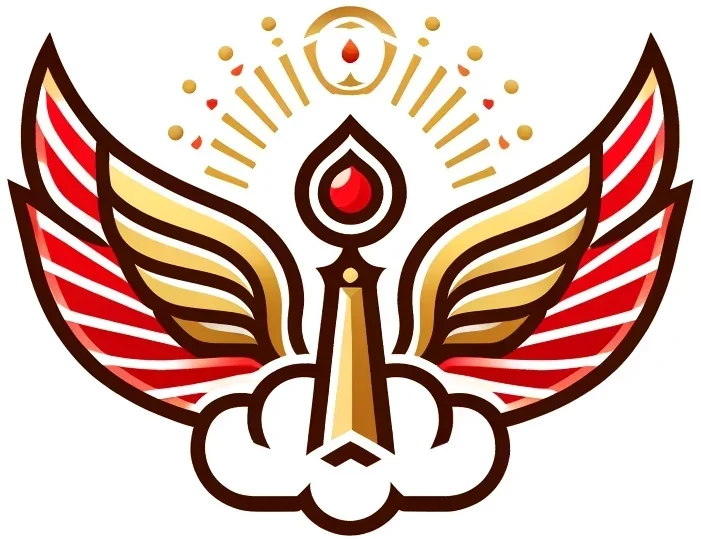The Magi were ancient priests from the Zoroastrian religion, practicing in Persia (modern-day Iran) and associated with wisdom, astrology, and the interpretation of celestial events. The summer solstice holds particular significance in Zoroastrianism and related traditions for several reasons:
- Celebration of Light: Zoroastrianism venerates light as a symbol of truth and purity. The summer solstice, being the day with the most daylight, is seen as a celebration of the triumph of light over darkness, which aligns with the Zoroastrian ethos.
- Feast of Tirgan: Around the time of the summer solstice, Zoroastrians celebrate Tirgan, a festival dedicated to Tishtrya (Sirius), the star associated with rainfall. Tirgan includes rituals for water and rain, symbolizing life and fertility.
- Astrological Significance: The Magi were skilled astrologers, and the solstice was a key date in their astronomical observations. They would use such events to predict and interpret future happenings, linking them to the divine and natural cycles.
- Agricultural Cycle: In ancient Persia, the summer solstice marked a crucial point in the agricultural calendar. The increased sunlight was essential for crop growth and harvest planning, making this time vital for the community’s sustenance.
- Rituals and Fire: Fire, another symbol of purity in Zoroastrianism, plays a central role in solstice celebrations. Bonfires and fire rituals are common, symbolizing the sun’s energy and the eternal flame of wisdom and knowledge that the Magi sought to preserve.
Modern-Day Observances
Today, Zoroastrians and those interested in the traditions of the Magi continue to recognize the summer solstice with various ceremonies and celebrations. These might include:
- Community Gatherings: Coming together to celebrate with family and friends, sharing meals and performing traditional dances and music.
- Prayers and Rituals: Special prayers and rituals in fire temples to honor the sun and light, seeking blessings for the upcoming year.
- Educational Events: Workshops and lectures about the significance of the solstice, the Magi, and their historical and cultural impact.
Incorporating these traditions into modern practices helps maintain the cultural heritage of the Magi and Zoroastrianism, emphasizing the enduring connection between celestial events and human spirituality.
